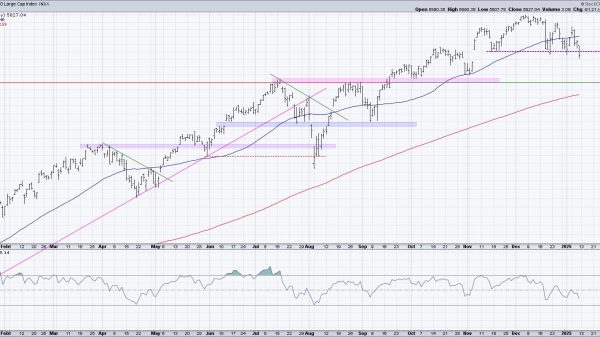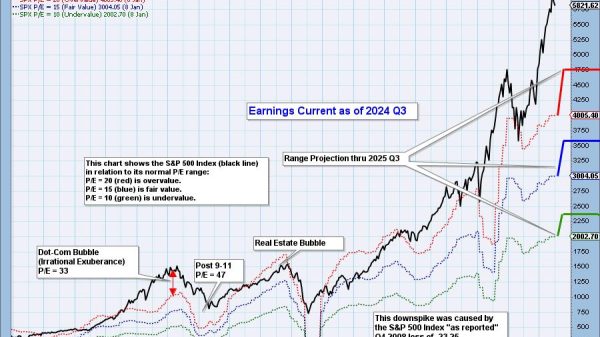A mismatch in the number of workers available to take up jobs and vacancies that need filling may keep inflation higher for longer, economists have warned.
Businesses are struggling to fill job openings because there are not enough workers in the right industries or locations or with the right skills, according to Sanjay Raja, chief UK economist at Deutsche Bank. The issue is said to a particular problem in the hospitality, health and social care, manufacturing and finance sectors.
Vacancies have fallen back from a record of 1.3 million last spring but remain at historically high levels. The unemployment rate is near a record low, but not because more people are in work. Employment remains below pre-pandemic levels, while an extra half a million workers have left the jobs market and are classed as “inactive”, meaning that they are neither in work nor available to take up jobs.
The main reason for the rise in inactivity over the past three years is older workers retiring early or stopping working because of long-term illness. There also has been a rise in young people entering study rather than work in response to the economic uncertainty caused by the pandemic.
Raja said that the high level of mismatches in the jobs market puts upward pressure on wages, which in the private sector are rising at near-record rates but are still falling short of inflation. Public sector pay is lagging behind, Office for National Statistics figures show.
Raja said: “Whether it is due to sorting inefficiencies or worker shortages due to a smaller post-pandemic labour force, the relatively higher level of labour market mismatches will — all else being equal — put continued upward pressure on wage growth as employers struggle to fill vacancies.” He said the Bank of England would need to do “more than it would have otherwise” to get inflation back to its target.
The labour market has been a key determinant of interest rate changes, having remained unexpectedly strong throughout the pandemic. Ratesetters at the Bank are watching jobs figures to understand if wages will rise and whether that could fuel inflation.
Paul Dales, at Capital Economics, the consultancy, said: “Due to the decline in the number of people making themselves available to work and also these mismatches — where vacant jobs are in the wrong sectors or places for the people looking for a job — the job vacancy rate is unusually high. Put simply, businesses can’t find suitable workers. When businesses are finding it hard to secure suitable workers, they have to raise their salaries.”
Dale said the fall in vacancies, to 1.1 million in the final quarter of last year, suggested Britain “might not be too far away” from a peak in wage growth. “That said, the job vacancy rate isn’t currently consistent with much slower wage growth. It may not need to fall further to prompt the Bank to stop raising rates. But it would need to fall further for them to be able to cut rates.”
Read more:
Mismatches in jobs market ‘put pressure on inflation’























